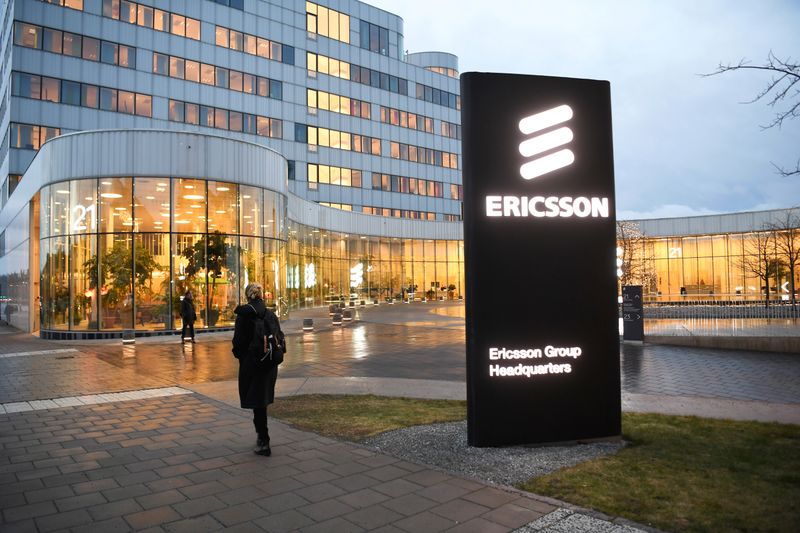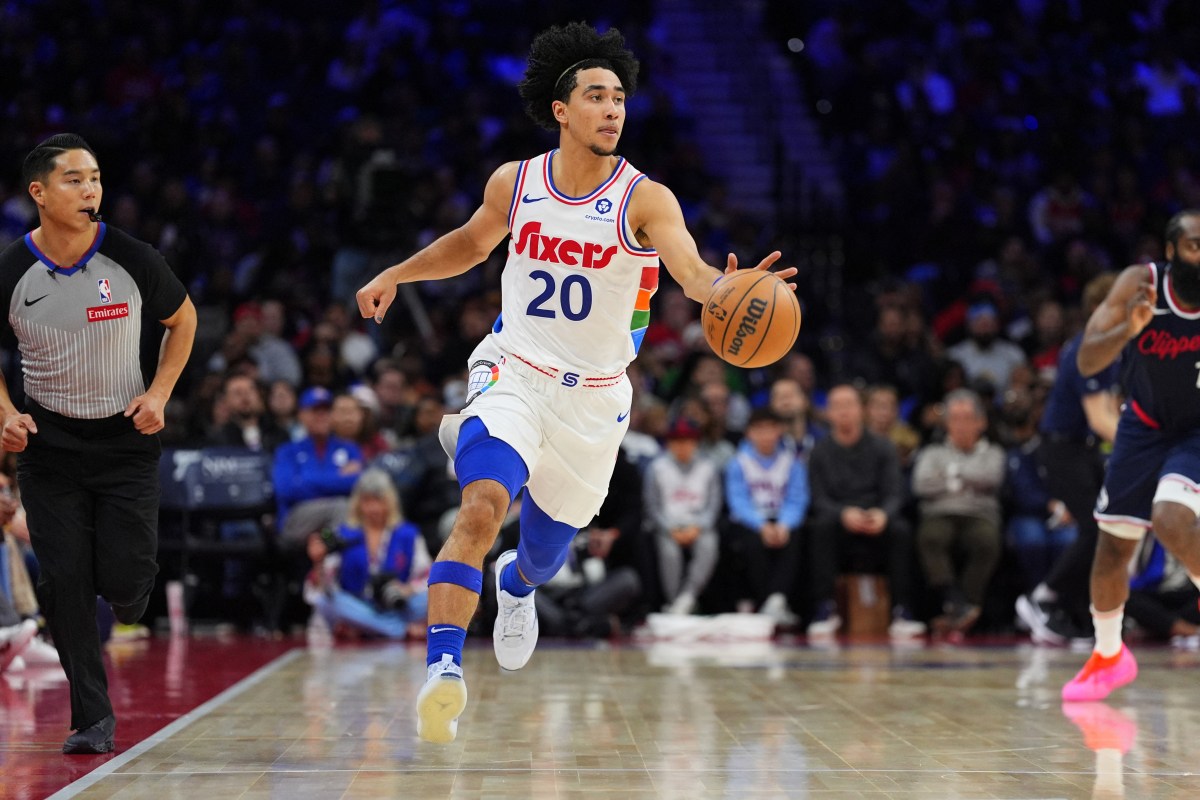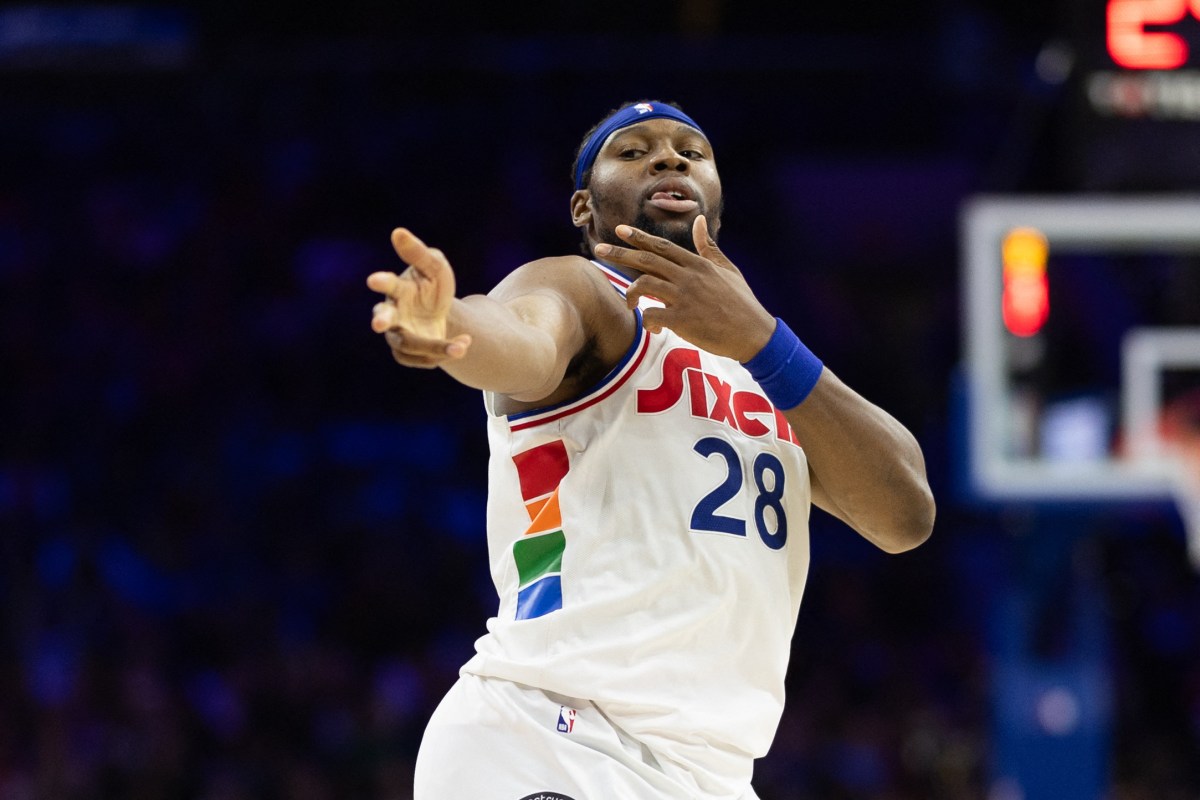(Reuters) – Ericsson posted better than expected quarterly earnings on strong demand for 5G network equipment even as the coronavirus wreaked havoc, lifting the Swedish telecoms company’s shares 5% in early trade.
Though the company also warned of sales weakness ahead, Wednesday’s results emphasized Ericsson’s ability to withstand pandemic-related pressures that have slammed the brakes on other industries globally, with the telecoms sector among the few to experience surging demand as more people work remotely.
“There is near-term uncertainty around sales volumes due to COVID-19 and the macroeconomic situation, but with current visibility we have no reason to change our financial targets for 2020 and 2022,” Chief Executive Borje Ekholm said in a statement.
Sequential sales growth in the second quarter will be lower than normal because of disruption to supply chains and the global economic slowdown, Ericsson said, adding that there have been no material effects so far on demand.
Ekholm has driven a turnaround at Ericsson during his three years at the helm, improving profit margins amid growing demand for next-generation 5G equipment.
Ericsson, which was able to increase its market share in China, expects the new contracts to weigh on profitability in the second quarter rather than being evenly distributed over the year.
In China, Ericsson beat Finnish rival Nokia to 5G contracts from China Mobile, the world’s largest telecoms company.
Ericsson has been racing against Nokia and China’s Huawei Technologies to sign up telecoms customers looking to upgrade their networks to 5G.
The 5G push comes as Huawei faces a political backlash over its alleged use of networking equipment to spy for the Chinese government, which the company has denied.
Huawei’s revenue growth slowed in the first quarter but it had labeled the performance as “resilient” in the face of U.S. pressure and the COVID-19 pandemic.
Despite regional shutdowns and the economic uncertainty linked to the pandemic, 5G capital expenditure was a resilient investment area and telecoms workers are generally viewed as essential, BofA analysts wrote in a research note.
Spending in the United States is also likely be stronger this year as a combined Sprint/T-Mobile boosts investment along with bigger rivals AT&T and Verizon.
Ericsson’s first-quarter adjusted quarterly operating earnings rose 30% to 4.6 billion Swedish crowns ($455 million), beating the mean forecast of 4.13 billion crowns in a Refinitiv poll of analysts, buoyed by its strong profit margins.
Ekholm said the gross margin in its Networks business rose to 44.6%, from 43.2% a year earlier, citing strong business fundamentals across multiple regions.
(Reporting by Supantha Mukherjee in Bengaluru and Helena Soderpalm in Stockholm; Editing by David Goodman)






















